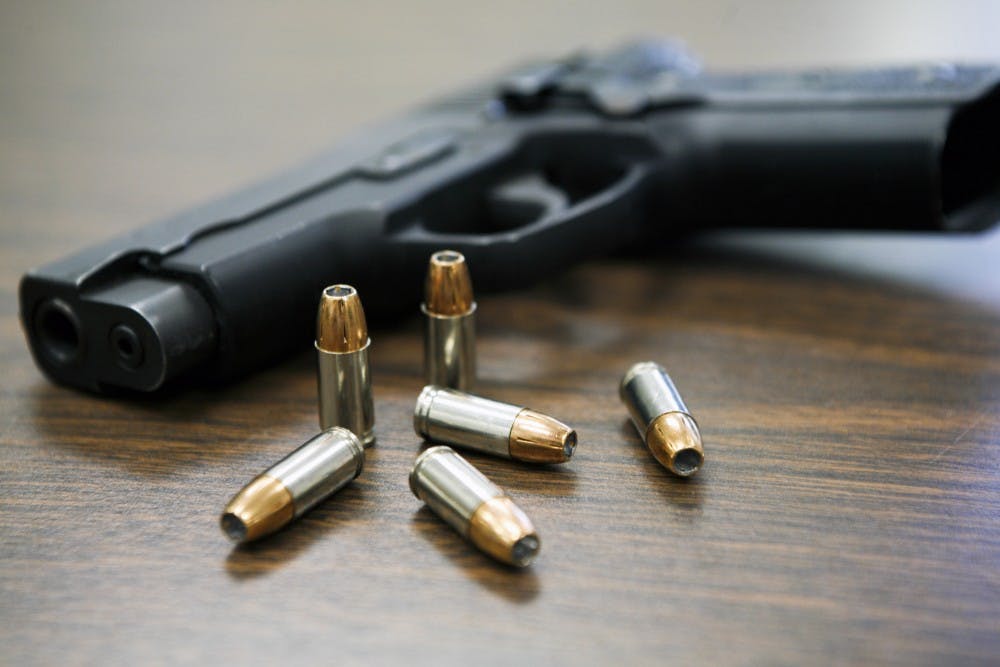The following piece, written by the editorial editors, reflects the majority opinion of the editorial board.
This is the last in a series of editorials that will investigate the recurring problem of mass shootings throughout the United States.
Soon after Adam Lanza shot his way into Sandy Hook Elementary School in Newtown, Connecticut on Dec. 14, 2012, killing 26 children, six faculty members and finally himself, a plethora of diagnoses on the state of his mental health began to pop up in the media.
This is not a singular or even rare occurrence. When mass shootings shatter a community, speculations about the shooter's mental health, whether factual or not, never trail far behind. It seems instinctive to people that someone who could do something as terrible as kill a score of innocent school children must be mentally ill or insane - they must be 'off.'
The first question that the public asks after a mass shooting is, "Why?" Why would anybody commit such a crime? The answers to this question are complex and still many.
Often, mental health is a scapegoat for politicians driving legislation and for people who have difficulty wrapping their minds around the fact that a sane person could commit such a heinous crime.
When it was finally discovered that Lanza did have deteriorating mental health issues and development problems, like obsessive-compulsive disorder, and red flags like an early fascination with mass shootings, the House Energy and Commerce Committee began a crusade against federal programs that address serious mental illnesses.
It found that patients with serious mental illnesses - defined as persistent schizophrenia, bipolar disorder and major depression - are the least likely to get the medical help they need.
"Neither access to health insurance, nor the financial ability to seek help guarantee success in navigating the mental health system," the committee's report said.
Two Gallup polls from 2011 and 2013 said more people believe mass shootings result from failures in the mental health system than from easy access to guns. Eighty percent of Americans believe that mental illness is partly to blame for mass shootings.
However, statistics show this is not always the case.
While certain mass shooters were undoubtedly psychotic - like Lanza and the Aurora, Colorado "Joker," James Holmes - there is little to no hard evidence the two are connected. Current statistics show that only 4 percent of violent actors were afflicted with a serious mental illness. Mental illness does increase the likelihood of violence, but by a minuscule amount.
More often than not, shooters commit their crimes with a pre-meditated political manifesto in mind or because of jealousy and revenge.
The lone exception to this is violence against oneself. Suicide among the mentally ill is 10 to 20 times higher than suicide among the general population.
But according to a report by the Harvard University School of Public Health, firearm suicides in states with high raters of gun ownership outweigh states with lower rates four to one. Here, the question becomes not why people decide to kill themselves, but how. When lethal means are less available, suicide rates go down.
Jeffrey Swanson, a medical sociologist and professor of psychiatry at Duke University said the single biggest predictor of future violence is past violence.
"There are lots of people out there carrying guns around who have high levels of trait anger - the type who smash and break things," Swanson said in a 2014 New Yorker article. "I believe they shouldn't have guns."
Take the spotlight off the mentally ill and put it on those convicted of misdemeanor violence, domestic violence and even DUIs. The sooner politicians and the public take the blame off the mentally ill and restrict guns overall, the faster we will get to a safer world.

